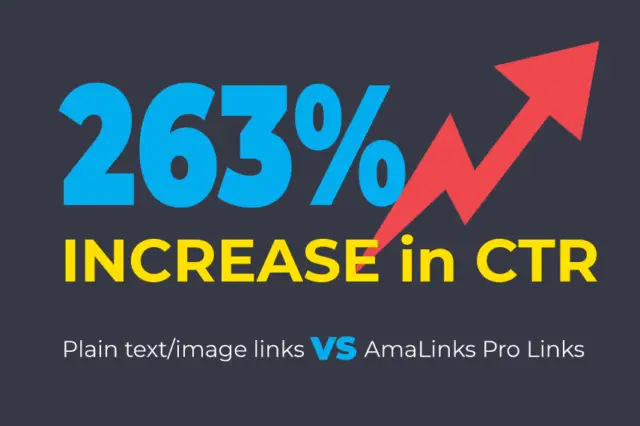Term:
CSS
Definition:
Cascading Style Sheets, commonly referred to as CSS, is a programming language used to define the look and formatting of a webpage. CSS is used in conjunction with HTML, which defines the structure and content of the webpage, and JavaScript, which adds interactivity and functionality to the page.
CSS was first introduced in 1996 by the World Wide Web Consortium (W3C) as a way to separate the presentation of a webpage from its content. Prior to the introduction of CSS, web developers used HTML tags to define the formatting of a webpage, which often led to cluttered and inconsistent code. With CSS, developers could define the formatting in a separate document, making it easier to maintain and update the look of a website.
The basic syntax of CSS consists of a set of rules, each of which consists of a selector and a set of properties. The selector specifies which HTML elements the rule applies to, and the properties define the formatting of those elements. For example, the following CSS rule sets the font color of all paragraph elements to red:
p {
color: red;
}
There are a wide variety of properties that can be used to define the formatting of an element, including font size, margin and padding, background color, and border styles. CSS also allows for more advanced layout and formatting options, such as flexbox and grid layouts.
CSS has continued to evolve and improve over the years. The current version of CSS, CSS3, includes a wide range of new features and capabilities, such as support for animations, gradients, and custom fonts. CSS3 also introduced a modular approach to development, allowing developers to use only the parts of CSS that they need, rather than having to load the entire language.
One of the key advantages of CSS is its ability to create responsive designs that adapt to different screen sizes and device types. With the increasing use of mobile devices to access the web, it is more important than ever to ensure that websites are optimized for different screen sizes. CSS provides a variety of tools and techniques for creating flexible, responsive layouts that work well on desktops, laptops, tablets, and smartphones.
Another advantage of CSS is its ability to separate the presentation of a webpage from its content. This makes it easier to maintain and update the look of a website, as changes to the CSS file can be made without affecting the underlying HTML code. It also makes it easier to create consistent, branded designs across a website, as the same CSS rules can be applied to multiple pages.
While CSS is a powerful tool for creating visually appealing websites, it is not without its challenges. One common issue is the “CSS specificity” problem, which can arise when multiple CSS rules apply to the same element. In such cases, the most specific rule is applied, which can sometimes lead to unexpected results. Another challenge is the need to ensure that CSS is optimized for performance, as poorly optimized CSS can lead to slow loading times and poor user experiences.
CSS is an essential part of modern web development. With its ability to create flexible, responsive designs and separate the presentation of a webpage from its content, CSS has become a fundamental tool for creating visually appealing, user-friendly websites. Whether you are a professional web developer or just getting started with building your own website, understanding CSS is a key component of success in the world of web design.
CSS stands for cascading style sheet. It is the coding language used to style web pages using layouts, colors, font styles, and more. CSS is one of the three current cornerstones of the internet we know today. CSS, HTML, and JavaScript. CSS is used to create different web page layouts and is also used to make the websites look good. Some CSS is structural, some are cosmetic. Both are important to a great web experience.
Related:

Miles Anthony Smith
Miles is a loving father of 3 adults, devoted husband of 24+ years, chief affiliate marketer at AmaLinks Pro®, author, entrepreneur, SEO consultant, keynote speaker, investor, & owner of businesses that generate affiliate + ad income (Loop King Laces, Why Stuff Sucks, & Kompelling Kars). He’s spent the past 3 decades growing revenues for other’s businesses as well as his own. Miles has an MBA from Oklahoma State and has been featured in Entrepreneur, the Brookings Institution, Wikipedia, GoDaddy, Search Engine Watch, Advertising Week, & Neil Patel.



